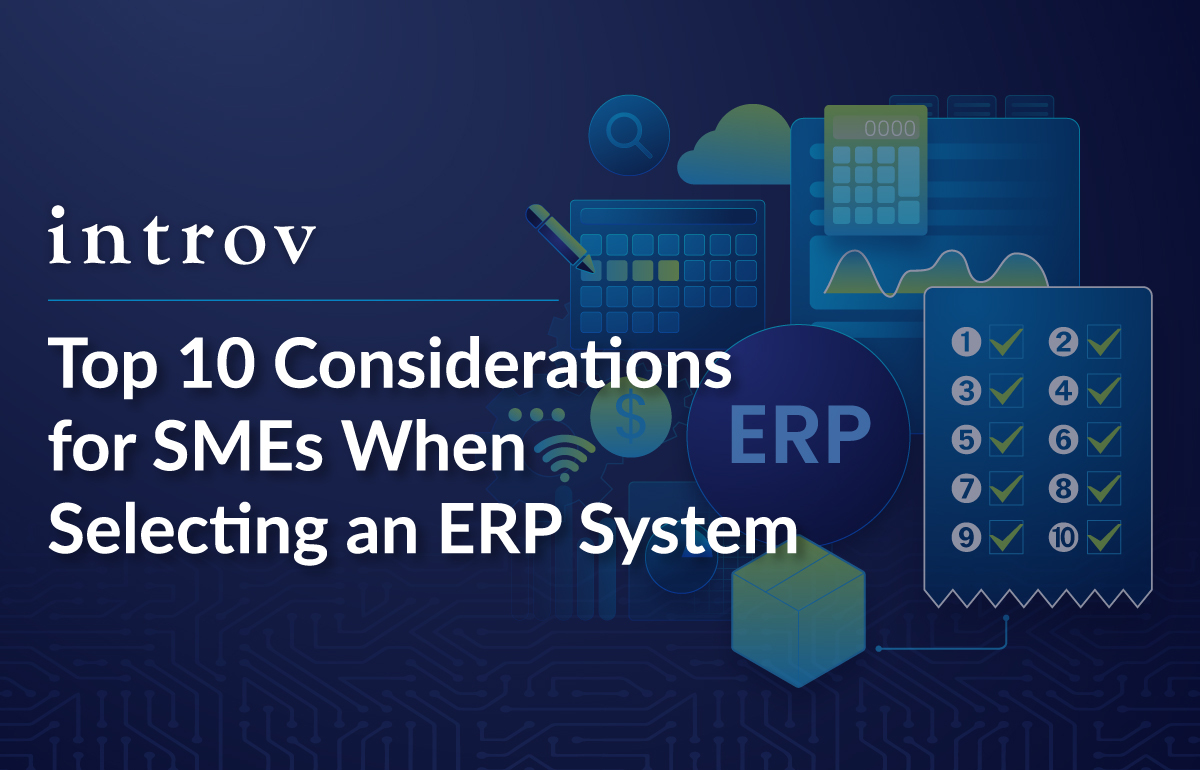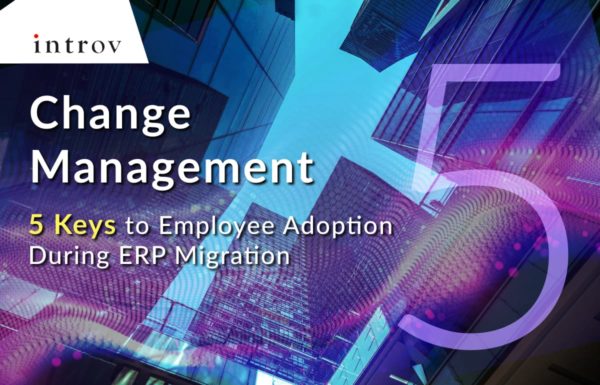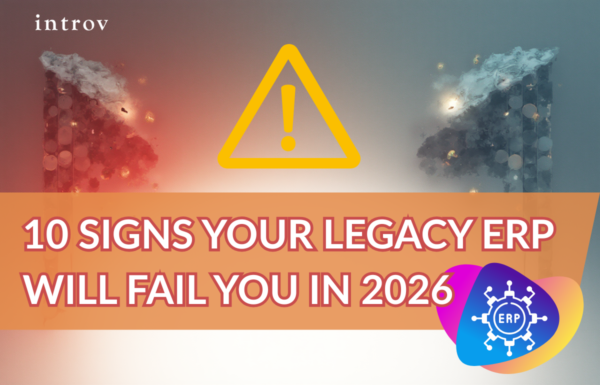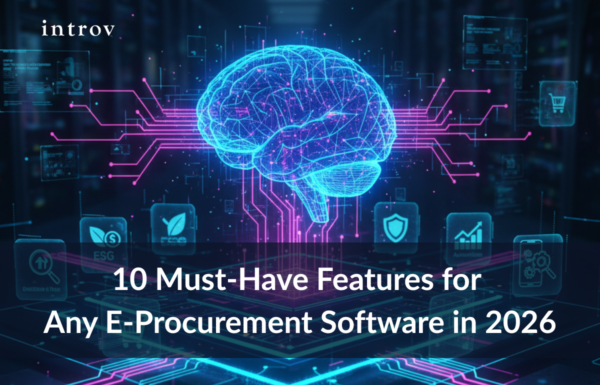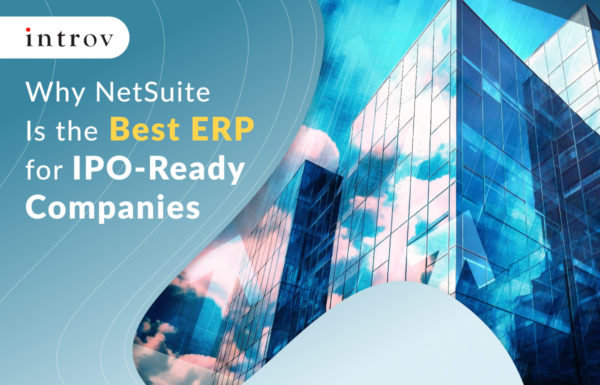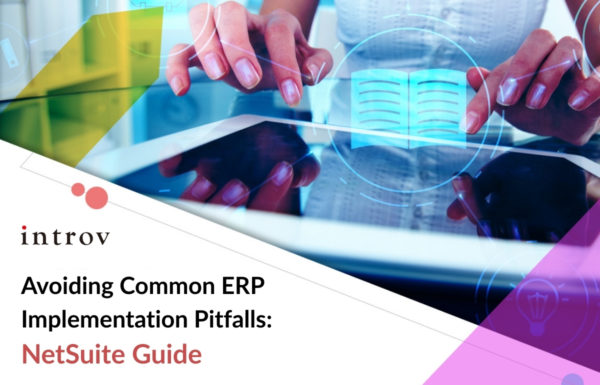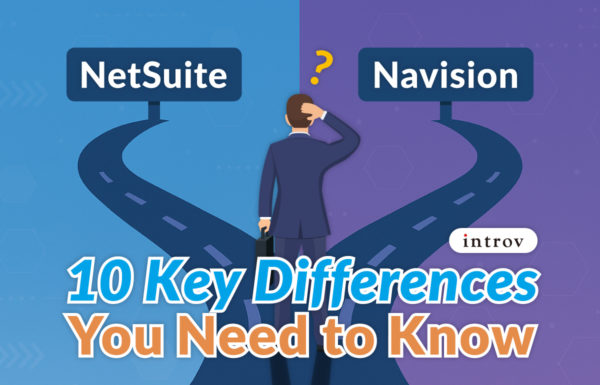For small to medium-sized enterprises (SMEs), selecting an ERP system is a pivotal decision that can dictate the efficiency and success of your business operations. But here’s a key insight: the success of an ERP doesn’t just hinge on the software itself—it’s also about the expertise and support you receive during its implementation. In this guide, we’re diving into the top considerations for selecting an ERP, with a special emphasis on the importance of a great implementation partner.
ERP systems are the backbone of modern enterprises, integrating various functions into a cohesive workflow. As we explore the top considerations for choosing an ERP for your SME, remember that the partnership you form during the implementation phase is just as valuable as the software you select.
1. Choose the Right Implementation Partner:
Above all, the caliber of your implementation partner can make or break your ERP experience. The right partner brings not only technical know-how but also a deep understanding of your business and industry, ensuring that the solution is tailored to your needs. They should have a proven track record, excellent references, and a methodology that aligns with your business values.
2. Assess Your Needs:
Before seeking out an ERP, analyze your internal processes and identify what you need from a system. An implementation partner can help with this assessment, offering insights into how an ERP can address your specific pain points.
3. Scalability:
Your ERP should support your business growth. A partner who understands scalability can help you anticipate future needs and choose a system that will grow with you.
4. User-Friendly Interface:
Adoption hinges on usability. A knowledgeable partner will help ensure your ERP is user-friendly, minimizing disruption and facilitating a smoother transition.
5. Customization:
The ability to customize your ERP is crucial. Your implementation partner should guide the customization process to align the ERP with your business processes.
6. Integration Capabilities:
A good partner will ensure that your new ERP integrates seamlessly with existing systems and can advise on the best practices for integration.
7. Vendor Reputation and Support:
Research your ERP vendor and your implementation partner thoroughly. Both should have strong reputations for quality support and service.
8. Total Cost of Ownership:
Look at all related costs, and lean on your partner to help you understand the long-term investment and ROI of your ERP system.
9. Data Security:
Choose a partner that prioritizes data security and can help you navigate the complexities of keeping your system secure.
10. Mobile Accessibility:
With remote work becoming the norm, a partner that emphasizes mobile accessibility can be a game-changer for your ERP solution.
The journey to a new ERP system is a strategic move for any SME. It’s not just about selecting the right software—it’s equally about choosing a partner who will walk you through the implementation with skill, support, and a commitment to your business’s success. With the right partner and a carefully chosen ERP, you’re setting your business up for streamlined operations and scalable growth.
Introv, as one of the leading implementers of the world’s No. 1 Cloud Enterprise Resource Planning (ERP) system in APAC, we empower customers with the strategic use of innovative technologies and deliver world class results that help customers grow by redefining their business practices, while boosting their overall growth and success.
If you are interested to know more on how the ERP system can take your business to the next level, please contact us online / Telephone: (852) 3616 6567 / Email: enquiries@introv.com.

